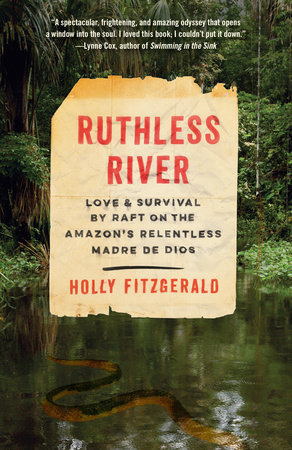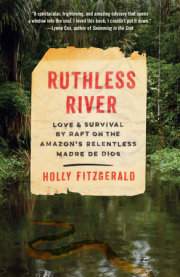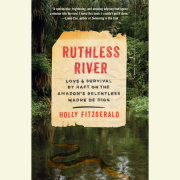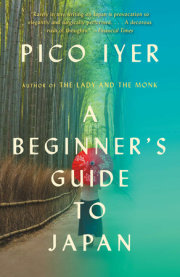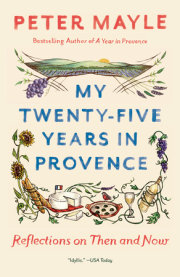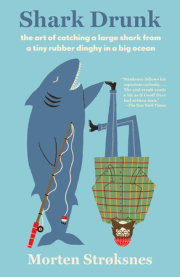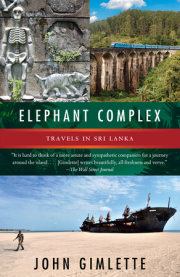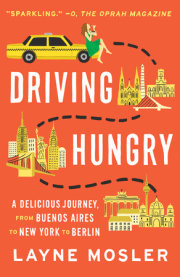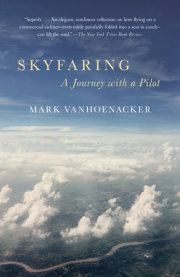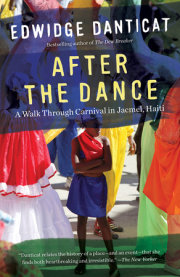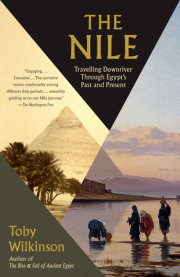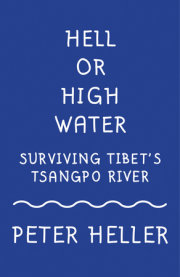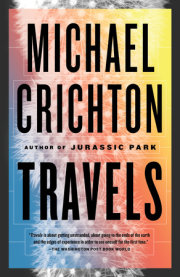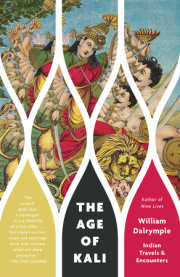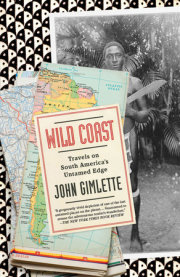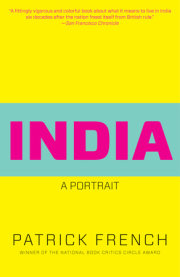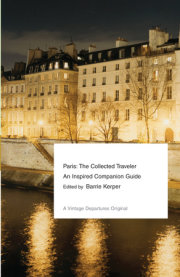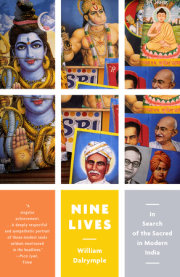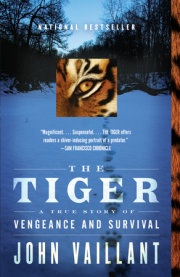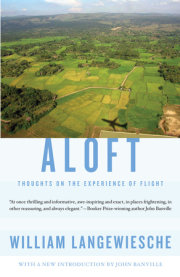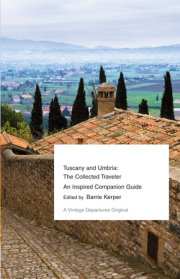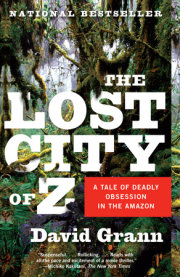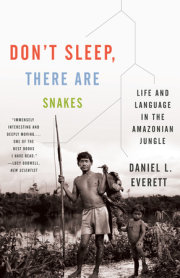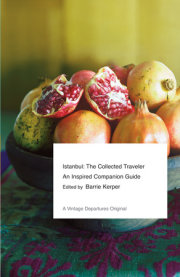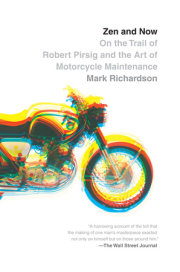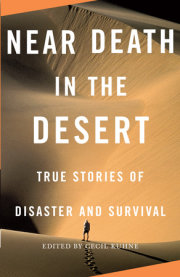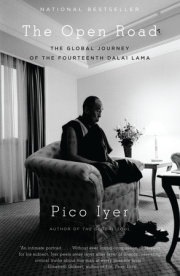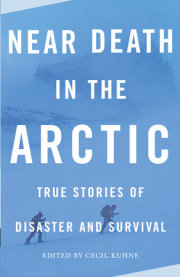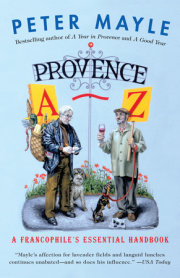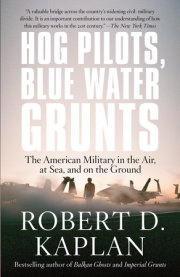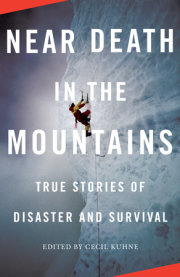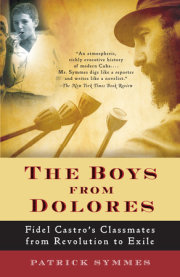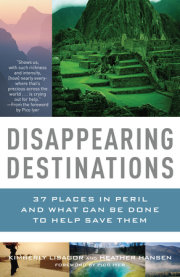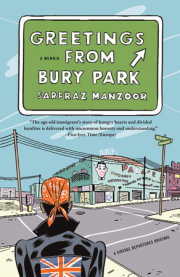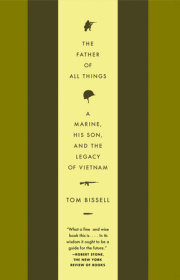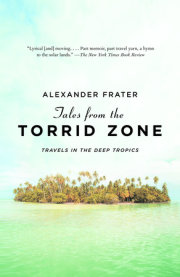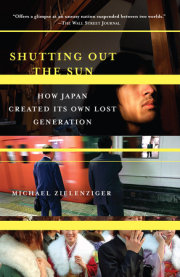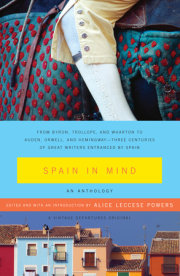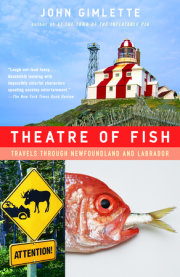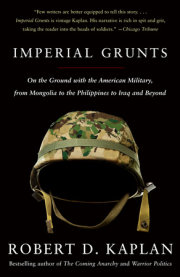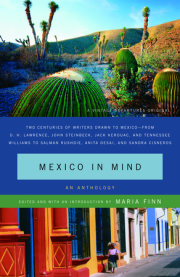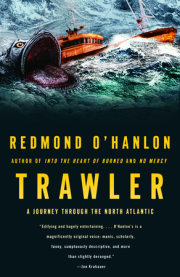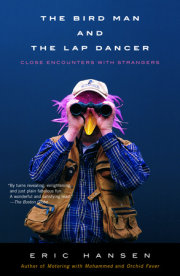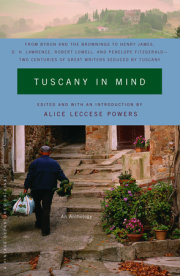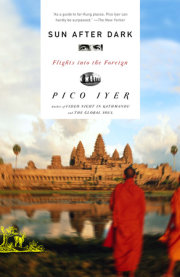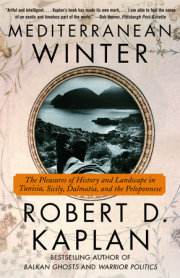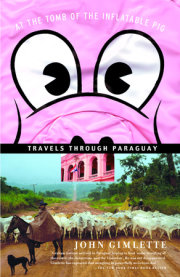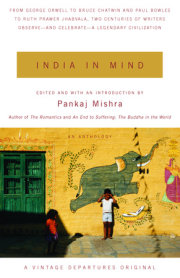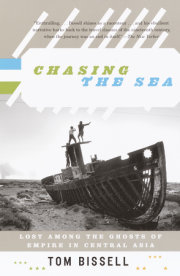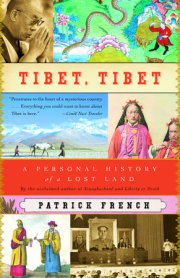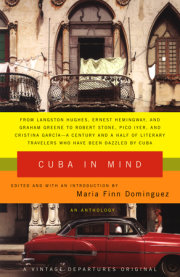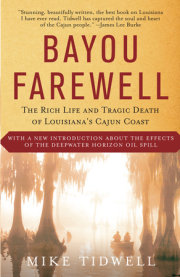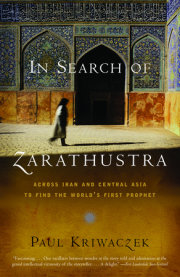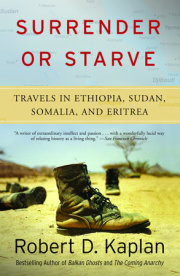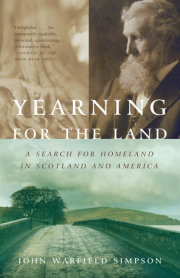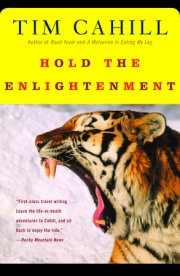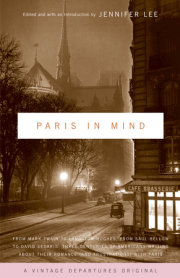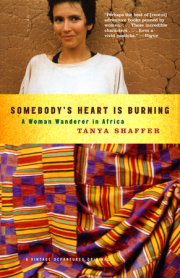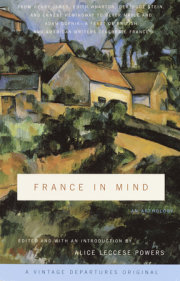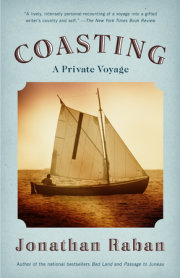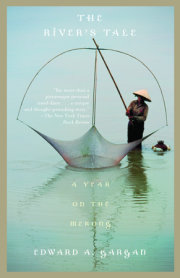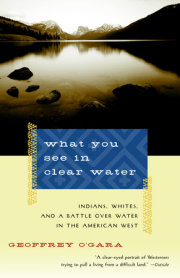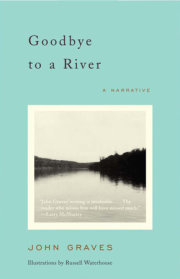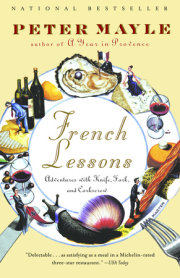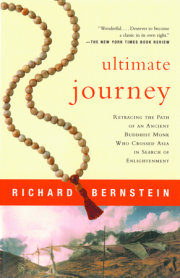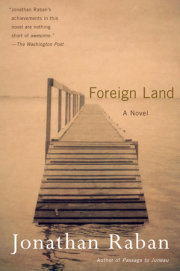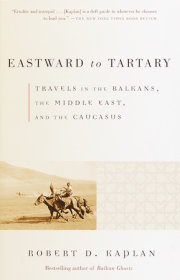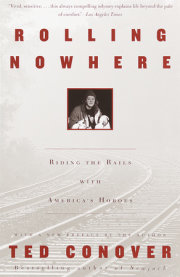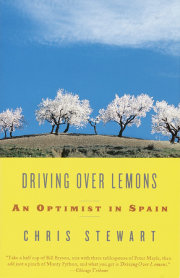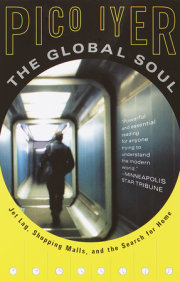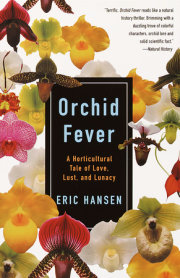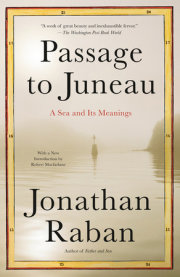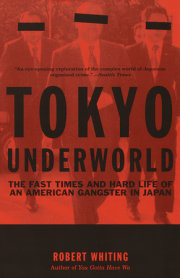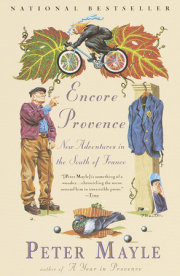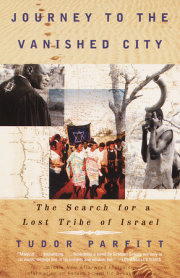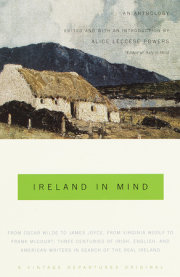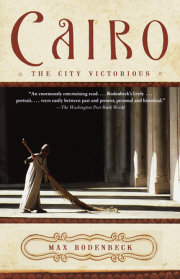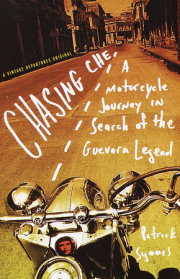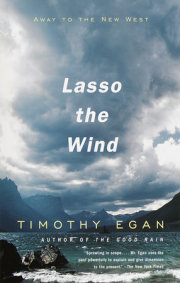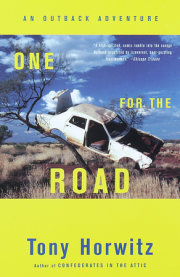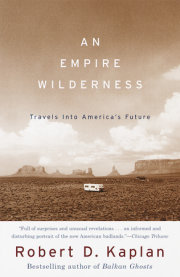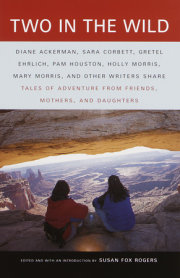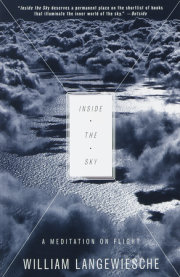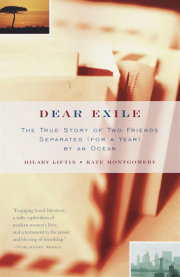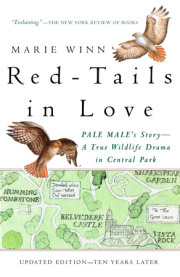“Have you thought of taking a raft? People here use rafts more than boats. We call them balsas. That’s the real means of transportation.”
I looked at Fitz. We had noticed a number of log rafts, both large and small, coming downriver into the harbor. A lightbulb clicked on behind my eyes. I knew Fitz saw the light in my eyes, too, because he shook his head quickly.
“You can only go downriver,” Juan continued, “but there’s plenty of wood, so people take rafts as far down as they wish then leave them for others.”
I wondered how people got back upriver, but since we were only going downriver I didn’t want to get off track by asking.
“I just came on a raft from upriver myself,” Juan said. “I do it all the time.” His black eyes snapped.
“Are you saying that we should take one of those banana-laden rafts?” Fitz asked. “They don’t look very sturdy.” A frown played on his forehead.
“No. I’m suggesting you make a raft to fit your needs. There are lots of people who have big ones that you can use. You don’t want it so big that you can’t handle it, or too small either. You can make it comfortable. Put a tent on it . . . and a cookstove.” He smiled. “A floating home.”
“Wait a minute,” Fitz said. “We take it down the river ourselves? We know nothing about rafts . . .”
“There’s nothing to it. A raft just goes with the current once you get started, until you want to pull in.”
This was beyond my wildest imaginings. It was a way to get out of here and move on to the Amazon. It could be fun. I began asking Juan every question I could think of without looking at Fitz to see his reaction. “Is it safe for people like us, who don’t know the river or the jungle?”
“Absolutely. It’s the same for anyone. You go with the river.”
It sounded preposterous. “Are you sure people do this for long trips?”
“Of course. That is how they do it. I’ve traveled these rivers many times. People use rafts. That’s why there are so few boats.”
“But we’ve never done it before.” My heart was skipping. I wanted to believe, but I needed reassurance.
Even though I asked the same questions over and over, our new friend assured us that the river would do the work. Juan lit his pipe again.
“How far to Riberalta?” I asked.
“As the river turns, perhaps eight hundred kilometers.”
I glanced at Fitz. “That’s about five hundred miles.” I turned back to Juan. “How many days would it take to get there?”
“The river is high and fast right now.” Juan exhaled a swirl of blue smoke. “No more than ten days. If you go night and day you should make it in five.”
“Go at night? We’d crash into something we couldn’t see!”
“No, there’ll be nothing as big as you on the river. No harm can come to you.”
“Could we get lost?” I persisted. “What about tributaries?”
“There are no rivers flowing off the Madre between here and Riberalta.” Juan puffed on his pipe thoughtfully. “Just stay in the main current and you won’t go off on a detour. Such detours always return to the main channel, but they take you longer. If you stay in the middle of the river, you’ll get there faster.”
I paused, trying to think of other questions. “How will we know when we’re at Riberalta? Don’t the towns look the same on the river?”
“No towns. Only
fincas”—farms—“and the compounds at the border crossing. That’s it, jungle all the way.” He smiled. “You’ll see the real thing, no fake setup for tourists.”
After a minute of silence Juan said, “Another thing. You don’t need to worry about fresh fruit and bread. Just call out and people from the
fincas will boat out and bring it to you.”
Fitz, who hadn’t said anything while I’d fired off my questions, finally spoke up. “Say we were to do it, how do we go about building a raft?”
“Best thing is to find one already built. Go down to the river and ask around. I can’t go with you tomorrow, but if you don’t find one, I’ll go with you the next day.”
“Well, what do you think?” I asked on our way back to our room.
“I think he’s crazy.” Fitz kicked the dirt in the road.
“But what else can we do? Wait here in this godforsaken town for three months for a boat? It could be a real adventure! Juan said nothing could go wrong . . .” My mood was flying as I talked, my feet barely touching the earth.
“And you believe him? We just met him for God’s sake. We don’t know him from a hole in the wall. Do you think because he sounds like he has all the answers that he couldn’t be wrong?”
“Oh, Fitz, he says he’s rafted hundreds of times. You even asked him how to make a raft. You’re interested, too.” I saw no risks.
“Look, we can stay right here for three months and wait for a boat,” Fitz said. “In fact, I’m surprised after what we’ve been through that you’re not voting for that, or even to turn back.”
“Oh, come on. You don’t think I’d want that, do you? You need to let loose and not be so cautious. We’ll be Huck and Jim. You just want me to talk you into it.”
Fitz didn’t say anything. Now I’d done it.
“I just don’t want to be foolish,” he finally said.
I saw there was an opening. He might really want to do it. I pushed the limit.
By the time we reached the hotel Fitz was talking about looking for a raft.
Chapter 7
Finding a RaftAt breakfast the next morning everyone at La Genovesa was excited about our expedition and was offering us advice about where to find a raft. Juan, who ate every meal there when he was in town, said he’d show us the path leading to the Tambopata River, a tributary feeding the Madre de Dios. I swallowed the last of my toast and downed my coffee. Fitz paid the bill then pinned his jeans pocket closed so he couldn’t lose his wallet to chance or thieves.
We followed Juan through town to where a narrow path paralleled the river and a bank dense with vegetation. Banana trees rose around us, the individual leaves up to six or seven feet long. There Juan left us, agreeing to meet for lunch.
The path took us to a clearing where a shack on stilts was surrounded by a small field of corn. A little raft was moored to a stake in the bank, too small for us. No one was around.
“Let’s keep going.” I noticed how prettily the morning light played on the banana leaves and corn. Plunging back down the path, we discovered that it wound through similar clearings, spaced fifty or sixty yards apart.
Encountering people working their
chacras—small farms—we bade them good morning, asking, “
¿Tiene balsas aqui?” Have you rafts here?
The people were all good-natured. Rafts or no, they asked where we were from and where we were going. At the mention of Riberalta they nodded and smiled, then wished us good luck.
Eventually, we came to a clearing where a bare-chested young man chopped wood with a machete while his wife played with two children on a stilt shack’s porch.
He introduced himself as Ernesto Rivera and his wife, Guillermina. They were interested to know all about us and said they were both schoolteachers. The shack wasn’t their home, just a shelter they used while farming. They lived in town and came to the river when school was out of session. Neither spoke English, but they were very helpful as we struggled with Spanish. Ernesto had no raft but was happy to take us across the river in his canoe to his friend’s plantation. There we found a raft measuring about sixteen by fourteen feet. Much too big for us, it had huge gaps between the logs.
Without a word, Ernesto’s slashing machete quickly severed the crosspieces of the first four logs, leaving the best four for us. Ernesto explained we should build a platform over half the raft and cover it with a tent for shelter and comfort. Ernesto’s friend gave us the raft, even volunteering to tow it to a convenient spot for outfitting. He wouldn’t accept payment. Within minutes, Ernesto, his friend, Fitz, and I were chugging across the Tambopata River in his pecky-pecky, a long, narrow boat with a lawn-mower-sized engine.
“We depend upon the kindness of strangers!” Fitz shouted to me over the clatter of the engine.
I smiled at his bastardization of Blanche’s line in
A Streetcar Named Desire and called back, “Everyone’s so nice. It almost makes me want to stay.”
We tied up on the bank of the Tambopata River, a few yards from where it flowed into the Madre de Dios River, and not far from the sawmill where we could buy boards to make the platform for the tent. Our closest neighbor was a slaughterhouse just above us on the bank. It was nothing more than a cement floor pitched to a drain with a thatched roof and no walls. Large steel hooks dangled from a beam beneath the roof. Four tethered beef cattle munched grass nearby.
In the morning, we returned to work on the raft to find one cow gone. A carcass of fat- streaked flesh hung on hooks. I smelled the bloody stench and presumed that the three other cows did, too.
Fitz stared at the remaining cattle, which continued to graze indifferently, flicking their tails in the sun. “It’s like ’Nam,” he said, “death is all around but you can’t believe it will happen to you.”
Ernesto helped us with our raft after working his
chacra each day. Word spread quickly through the jungle town about the two gringos. Soon it seemed everyone knew of our plan. Children hung around the raft all day while we worked. Their parents came in shifts to watch us, a few at a time, before continuing down the path to their plots. When the children became bored they would splash in the water or play tag. There were times when I joined them. Three young men who’d been lounging idly on the bank helped us carry lumber from the sawmill. All day long people came to the riverbank, stared awhile, and then left. Sometimes they sat watching quietly. Other times they asked questions about the trip, or about building the platform for the tent over the widely spaced balsa logs, listening carefully to our broken Spanish answers. They corrected us when we made mistakes, and we would laugh at our linguistic clumsiness.
When I gathered sticks on the bank for our cookstove, the children followed me. I laid the kindling on the raft. Soon the kids fell into doing the same. Grins in their round, brown faces exploded with pride as they placed piles of sticks onto the stern of the raft.
“You’re wonderful,” I said. “Thank you so much.”
They shifted and wiggled then ran off to find more.
As we walked through town, carrying nails or rolls of plastic sheeting, borrowed hammers or saws, people waved and smiled at us. Sometimes they gawked. I felt like a celebrity. We were busy and the time passed quickly. By evening we were famished, eager for La Genovesa’s food and company. En route, villagers stepped out of open-fronted shops and cafés to greet us warmly and inquire about our progress. It was the most sociable town we’d ever visited. These people made their own entertainment. They loved to share stories and became immersed in the making of ours.
On our third day, when we had finished hammering the last board of the tent floor, Juan and a friend from the bank, Jim, helped us to construct the tent over it, using poles cut from trees and sheets of pink and blue plastic we’d purchased in town. We stretched the plastic over the poles and borrowed a large stapler from the bank to secure it in place. The plastic was thinner than a tarp but much thicker than a trash bag.
Fitz made a stove by cutting open one side of an empty five-gallon canola oilcan and covering the opening with chicken wire for a grill, as instructed by the hardware shop owner. Then he nailed the bottom of the metal can to a log on the raft, equidistant between the tent and where the tiller would go. This would be our outdoor kitchen where we would burn the kindling inside the can to boil water, heat Spam, or fry eggs in a pan on top of the chicken wire. Many used these same stoves like barbecue grills back home. The grill was safe enough, but our “deck” would never pass inspection in Connecticut because of its ankle-snapping gaps.
We purchased oranges, bread, canned sausages, tuna, sardines, and cheese, as well as a drop line and two fishhooks. The hooks were huge, but they were the only size carried by the store.
“What kind of fish could this be for?” I pulled a four-inch curved hook out of the brown paper bag. “You’d have to be awfully strong to pull it in.”
“Looks like it’s for the fish from
The Old Man and the Sea,” Fitz said, laughing.
I thought about the story of the hungry Cuban’s perseverance with the great fish at the end of his line. “I hope we’ll have better luck than he did.”
We left the open-fronted hardware store and walked toward the raft with our supplies.
“Everything’s bigger here in the jungle than it is at home,” I noted, “the trees, the reptiles, the fish. They’re all bigger than life, even the mosquitoes . . .”
“That reminds me,” Fitz interrupted. “Juan said to get a
mosquitero. Oh, and a machete. I’m not sure what for.”
“Maybe we have to cut back limbs or vines on the river,” I said.
“Maybe. I asked him why we needed it, but he was ambiguous. Probably thinks it’s obvious,” Fitz replied.
The only explicit advice Juan had actually given us was “Don’t ever swim in the water.”
“Why?” I had asked, taken aback. We’d watched the children splashing in the harbor, enjoying it with high squeals. “I thought the caiman are dormant during the rainy season.”
“They are. It’s the candiru you have to watch out for,” he’d said solemnly.
“The who?” Fitz had asked.
“A minuscule saw-toothed fish, downriver. They’ll swim up your butt and latch on to your intestines, suck your blood until you die.”
Fitz and I had stared at each other and then at him.
“You’re kidding?” I’d gasped. We’d seen piranha and knew that when in a frenzy they could strip prey to the bone within minutes, but mainly if the prey were already bleeding.
“You don’t have to be bleeding. Candiru are parasitic. They’ll find you if you’re swimming.”
“Okay, we definitely won’t be swimming,” Fitz had agreed.
Copyright © 2017 by Holly FitzGerald. All rights reserved. No part of this excerpt may be reproduced or reprinted without permission in writing from the publisher.

